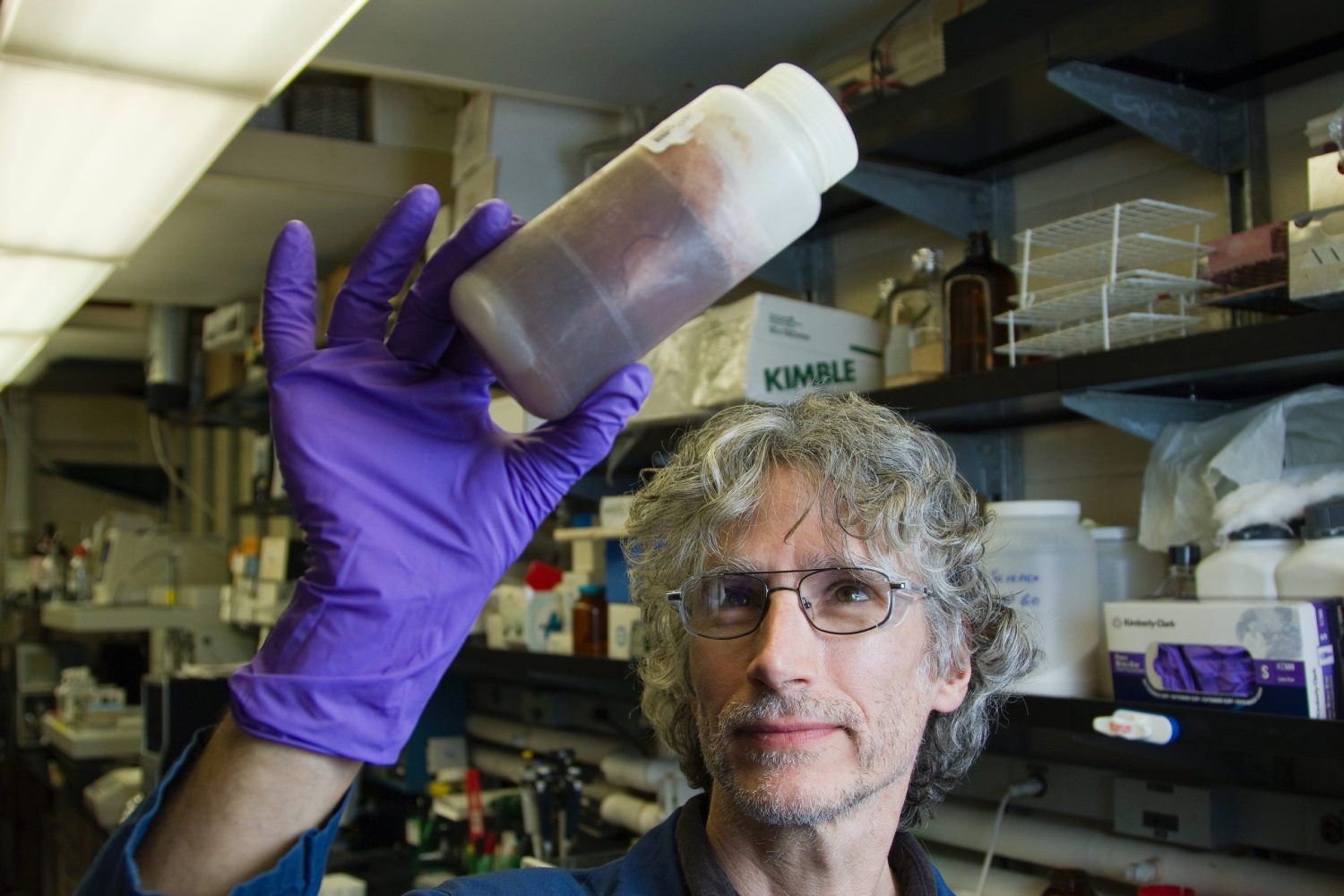Starting a career as a conservation scientist involves protecting and improving the environment. You can work in areas such as environmental, human, animal or marine conservation. A conservation scientist is someone who studies nature and tries to conserve and maintain it.
These scientists play a critical role in assessing optimal land use as well as overseeing resources to avoid environmental damage. Additionally, they encourage efforts to conserve and create methods to preserve biodiversity using an array of study, evaluation, and advocacy. They are responsible for improving the quality of habitats such as forests, parks, rivers, lakes, and rangelands where cattle and livestock graze.
In this piece, I will walk you through the steps to pursue this career path as well as the careers you can explore as a conservation scientist.
How to become a Conservation Scientist
-
Obtain a Bachelor’s Degree
You need a bachelor’s degree to start a career as a conservation scientist. You can gain degrees in areas such as biology, environmental science or a related field. This degree will give you the foundational knowledge you need to take advanced courses in this field. Additionally, you will have theoretical and practical knowledge of areas you need in this career path.
-
Gain Practical Experience
This can be done through internships or by volunteering. You can apply to places such as environmental or government organisations. This experience is essential as it will enable you to have field experience of what you have learnt. Additionally, it can help you improve your data gathering, research methodology, and fieldwork skills.
-
Build Professional Skills
As a conservation scientist, you need to develop skills that will enable you to excel. You should develop skills such as research, analytical and communication skills. Additionally, you should be able to collaborate and work with professionals in this field. You can develop these skills as you gather work experiences and through research projects.
-
Pursue Advanced Degrees
You can consider pursuing advanced studies in this field. You can obtain a master’s degree as well as a doctorate degree. These degrees will provide you additional hands-on experience and more connections which can lead to greater opportunities. Additionally, you can have more knowledge in specialised areas of this career path.
-
Join Professional Organisation
You can register and join a professional organisation in this field. This can give you the platform to network with colleagues and professional conservation scientists. They can enable you to have access to mentorship as well as job opportunities. Additionally, you will be able to attend conferences that can offer learning opportunities that are essential.
Types of Conservation Scientists
- Ecologists: These scientists study the effects of environmental changes on ecosystems, such as climate change or habitat loss. Then, they devise solutions for minimising those effects. Generally, investigate the interactions between species and their surroundings.
- Wildlife Biologists: Wildlife biologists examine populations of animals and ecosystems, as well as species that are at risk. Additionally, they study the effects of human activity on wildlife and devise measures to safeguard these species.
- Marine Biologists: Marine biologists research marine environments such as coral reefs, fish populations, and other aquatic animals. Furthermore, they study the effects of human activity on marine life and devise measures to safeguard these species.
- Environmental Policy Analysts: These conservation scientists study ecological policies and laws, such as those governing biodiversity protection. Additionally, they collaborate with lawmakers and government agencies to create safeguarding biodiversity laws.
- Conservation Biologists: Conservation biologists study the issues that endanger the environment, such as habitat loss, pollution, climate change, invasive species, and overexploitation. Additionally, they perform studies on threatened species, population trends, and the effects of human actions on natural systems.
- Restoration Ecologists: Restoration biologists work to repair destroyed ecosystems such as wetlands and forests. Furthermore, they work on efforts to restore native species, enhance the quality of habitat, or mitigate the effects of exotic species.
Skills of a Conservation Scientist
- Physical stamina
- Motivation
- Analytical skills
- Critical thinking
- Decision making
- Management
- Communication
- Safety management
Universities in Africa that Offer Biology
- Cairo University, Egypt
- University of Lagos, Nigeria
- Ain Shams University, Egypt
- University of Johannesburg, South Africa
- Alexandria University, Egypt
- University of Witwatersrand, South Africa
- Mansoura University, Egypt
- University of Cape Town, South Africa
- Assiut University, Egypt
- University of Monastir, Tunisia
- Sohag University, Egypt
- University of Nigeria, Nigeria
- Federal University of Technology, Akure, Nigeria
- University of Ibadan, Nigeria
- Tanta University, Egypt
- Obafemi Awolowo University, Nigeria
- University of Carthage, Tunisia
- Durban University of Technology, South Africa
- University of Ilorin, Nigeria
- Covenant University, Nigeria
- University of Port Harcourt, Nigeria
- Jimma University, Ethiopia
- Nnamdi Azikiwe University, Nigeria
- University of Annaba, Algeria
- Hawassa University, Ethiopia
- University of Uyo, Nigeria
Places to Work as a Conservation Scientist
- Government Agencies
- Nonprofit Organisations
- Academic Institutions
- Zoos and Aquariums
- Wildlife and Environmental Research Organisations
- Nature Reserves and Parks
In Conclusion, obtaining a career as a conservation scientist can be a long path. Working in this field, on the other hand, can be both thrilling and fulfilling. If you love nature, you will appreciate this career path. However, to advance in this field, you must have a solid education and years of experience. You must also have strong interpersonal skills, knowledge of the environment, and strong research skills. Before opting to pursue a career as a conservation scientist, it is critical to grasp the nitty-gritty and the processes to become one.
Good luck!

